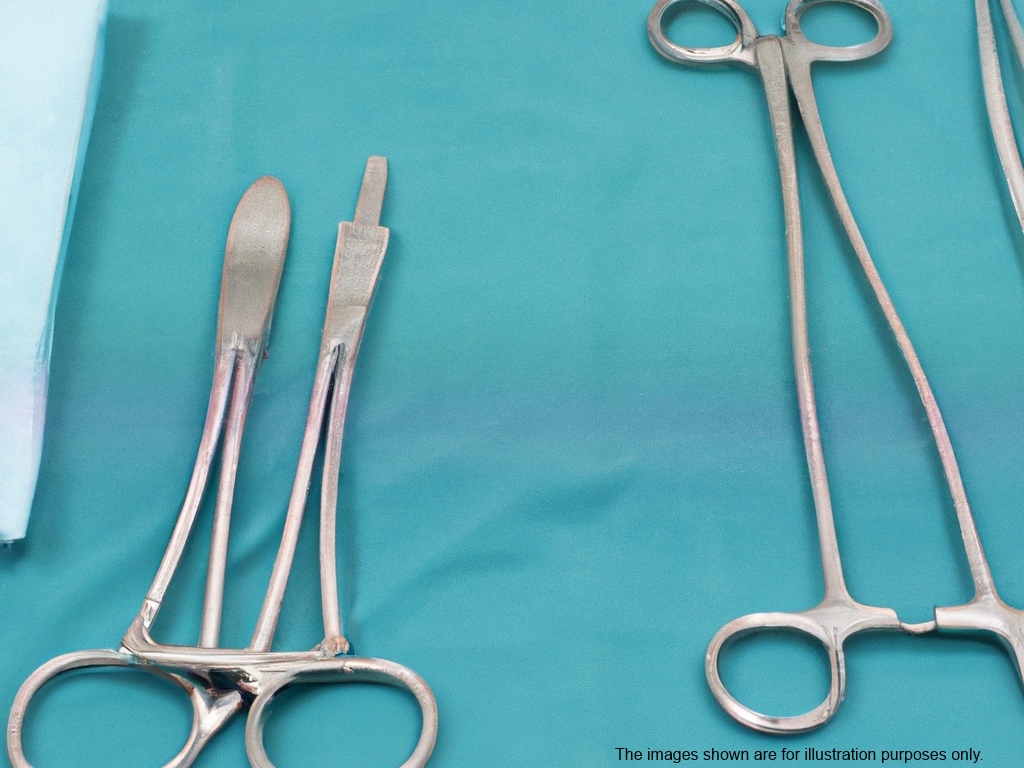Kidney Failure

Acute kidney failure, characterized by the sudden inability of the kidneys
to effectively remove waste and concentrate urine without electrolyte loss,
can stem from various causes, including:
- Acute tubular necrosis (ATN)
- Autoimmune kidney diseases like acute nephritic syndrome and interstitial
nephritis
- Reduced blood flow due to severe low blood pressure resulting from burns,
dehydration, hemorrhage, injury, septic shock, serious illness, or surgery
- Disorders causing clotting within the kidney's blood vessels such as
hemolytic-uremic syndrome, idiopathic thrombocytopenic thrombotic purpura (ITTP),
malignant hypertension, transfusion reaction, and scleroderma
- Infections like acute pyelonephritis and septicemia
- Pregnancy complications like placenta abruptio and placenta previa
- Urinary tract obstruction
Symptoms associated with acute kidney failure encompass a wide range,
including bloody stools, breath odor, easy bruising, changes in mental
status or mood, decreased appetite, decreased sensation in hands or feet,
fatigue, flank pain, hand tremor, high blood pressure, metallic taste in
mouth, nausea or vomiting, nosebleeds, persistent hiccups, prolonged
bleeding, seizures, slow movements, generalized swelling or swelling in
specific areas like ankles, feet, and legs, and changes in urination
patterns such as decreased urine output or excessive nighttime urination.
Medical evaluation typically involves physical examination revealing signs
like generalized swelling and abnormal heart or lung sounds. Laboratory
tests may indicate changes in blood urea nitrogen (BUN), creatinine
clearance, serum creatinine, serum potassium, and urinalysis. Imaging tests
like kidney or abdominal ultrasound, abdominal x-ray, abdominal CT scan, or
abdominal MRI help diagnose kidney failure and identify urinary tract
blockages.
Treatment aims to restore kidney function, prevent fluid and waste buildup,
and support healing. Hospitalization is often necessary, with restrictions
on fluid and dietary intake to match urine output and minimize toxin
buildup. Antibiotics may be administered to treat or prevent infections,
while diuretics help eliminate excess fluid. Intravenous calcium or
glucose/insulin may be given to control dangerous blood potassium levels.
Dialysis may be required in severe cases to manage high potassium levels,
mental status changes, decreased urine output, pericarditis, fluid
retention, or nitrogen waste buildup.
undo Common Diseases in Malaysia